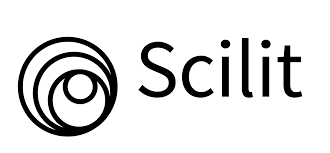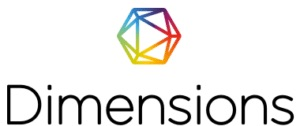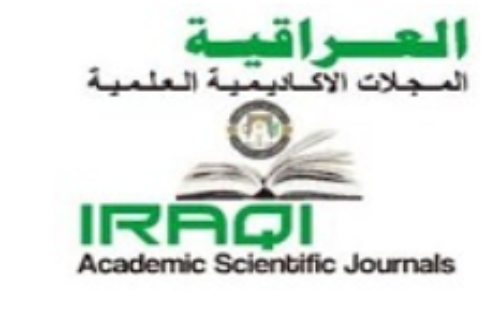Isolation and identification of fungi from extreme environments in Nassiriyah city soils
DOI:
https://doi.org/10.32792/utq/utjsci/v6i3.38Keywords:
Fungi, Dilution method, PDA, SDA, PCAAbstract
The present study aimed to isolation and identification some mycoflora from 40 soil sample in 6 sites ( Remnants of fat-born, parks, edges of the river, animal wastes, sewage and rubbish) during October 2015 to January 2016 in Nassiriyah city, Iraq. According to different environmental factors. The present study showed the isolated genera from different sits and that were include Aspergillus, Penicillium, Mucor, Rhizopus, Cladosporium, Sepedonium, Alternaria, Bipolaris, Chrysosporium, Candida, Rhododendron, Humicola, Geotrichum, Fusarium and Acremonium. They were isolated by dilution method, direct plate method, alcohol and heat treatment technique using the cultural media viz. PDA, SDA and PCA. Aspergillus represented the highest fungal isolate which represent 62 (37.12%) isolation followed by Penicillium with 47 (28.14%), Mucor 22 (13.16%), Rhizopus 15 (8.98%), Cladosporium 6 (3.59%), Sepedonium and Alternaria 3 (1.80%), Bipolaris, Chrysosporium and Candida 2 (1.20%), and finally Rhododendron, Humicola and Geotrichum recorded the lowest fungal isolation with one isolate (0.60%). The study results showed that soil dilution method gave a best fungal growth in comparison with direct plate method and alcohol and heat treatment technique in 25 ºC and pH= 6. Potato Dextrose Agar appeared as an optimum in comparison with other media such as SDA and PCA.Downloads
Published
2017-12-19
Issue
Section
Articles
License
Copyright (c) 2019 University of Thi-Qar Journal of Science

This work is licensed under a Creative Commons Attribution 4.0 International License.
How to Cite
H. Mashhad, M. ., S. Hamim, S. ., & Kareem Hassan, M. . (2017). Isolation and identification of fungi from extreme environments in Nassiriyah city soils. University of Thi-Qar Journal of Science, 6(3), 85-89. https://doi.org/10.32792/utq/utjsci/v6i3.38












